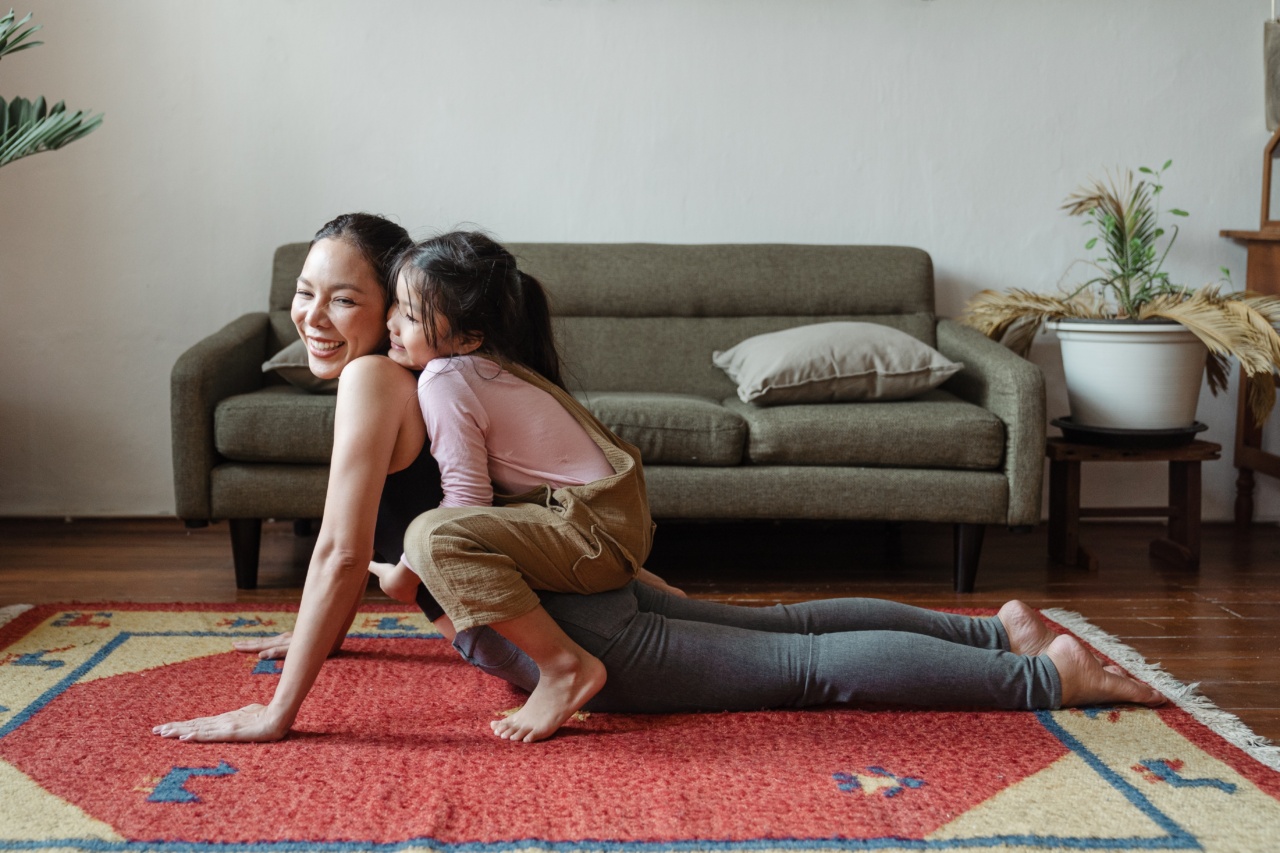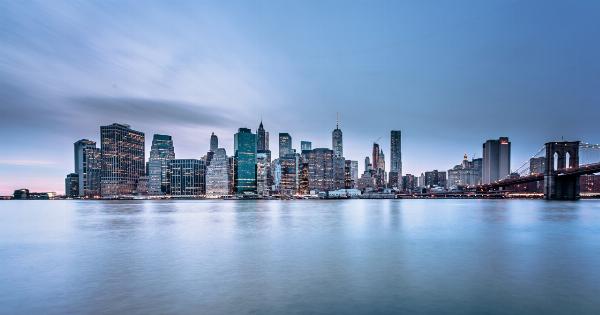The world of digital editing has taken photo manipulation to new heights, creating unrealistic beauty standards that plague our society. Today, as more and more people are becoming aware of this harmful trend, a counter movement is gaining momentum.
Embracing imperfections and celebrating the natural form has become the driving force behind many body-positive campaigns. By rejecting the use of Photoshop and other editing tools, these movements aim to redefine beauty and promote self-acceptance.
In this article, we will delve into the world of anti-Photoshop explorations of the body and explore the impact they have on our perception of beauty.
The Photoshop Paradox
Photoshop, a powerful editing software, has revolutionized photography and design. It allows us to enhance our images, correct imperfections, and create stunning visuals. However, the abuse of this tool has drastically altered our perception of reality.
With the mere click of a button, we can remove blemishes, alter body shapes, and erase any signs of aging. The result? Unattainable standards of beauty that contribute to low self-esteem, body dysmorphia, and a distorted sense of self.
The Rise of Anti-Photoshop Movements
Recognizing the damaging effects of Photoshop, many individuals, activists, and brands have united to combat this trend.
They believe that embracing imperfections and showcasing the unedited body can help redefine beauty standards and promote body positivity.
One prominent example of such a movement is the “Body Positive” campaign, which encourages individuals to love and embrace their bodies as they are.
This movement advocates for real and unedited representations of the human form, promoting diversity, inclusivity, and self-acceptance. By sharing unretouched images on social media platforms, participants challenge conventional beauty norms and celebrate the beauty in imperfections.
Celebrities Leading the Way
Celebrities have immense influence over society’s perception of beauty. Many have recognized the importance of embracing imperfections and have chosen to advocate against Photoshop.
Figures like Lizzo and Jameela Jamil have used their platforms to spread body positivity and encourage self-love.
Lizzo, a Grammy-winning artist, is known for promoting body inclusivity and self-acceptance. She frequently shares unedited photos of herself, encouraging her millions of followers to embrace their bodies and reject unrealistic beauty standards.
Jameela Jamil, an actress and activist, calls out celebrities and influencers who promote detox teas and unhealthy weight loss practices. She advocates for body neutrality and pushes for more realistic representations of bodies in media.
Body-Positive Brands
Recognizing the impact of advertising on body image, several brands have taken a stand against Photoshop. Aerie, a popular lingerie brand, launched the #AerieReal campaign, featuring models with diverse body types and unedited images.
By doing so, they aim to promote inclusivity and empower individuals to feel comfortable in their own skin.
Another brand embracing imperfections is Dove. Their “Real Beauty” campaign challenged conventional beauty norms by featuring women of various ages, sizes, and ethnicities in their advertisements.
Dove has consistently emphasized the beauty of authenticity, without relying on digital manipulation.
The Power of Authenticity
The anti-Photoshop movement is fundamentally about embracing authenticity. By rejecting the use of editing tools, we can celebrate the beauty that lies in our imperfections.
It is important to remember that beauty is subjective, and true beauty comes from within. By exposing the unfiltered reality of our bodies, we empower ourselves and others to love and accept who we are.
Embracing imperfections is not about glorifying unhealthy habits or neglecting self-improvement. It is about finding beauty in our unique features and appreciating the diversity of the human form.
By rejecting Photoshop and embracing authenticity, we can pave the way for a more inclusive and body-positive society.
Conclusion
Photoshop and other editing software may have initially aimed to enhance photography, but their misuse has led to detrimental consequences. The rise of anti-Photoshop movements represents a vital shift in our perception of beauty.
By celebrating imperfections and rejecting digital manipulation, we can redefine beauty standards and promote self-acceptance. It is time to embrace authenticity and cultivate a world where everyone feels comfortable and confident in their own skin.































